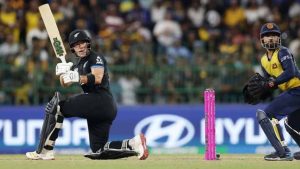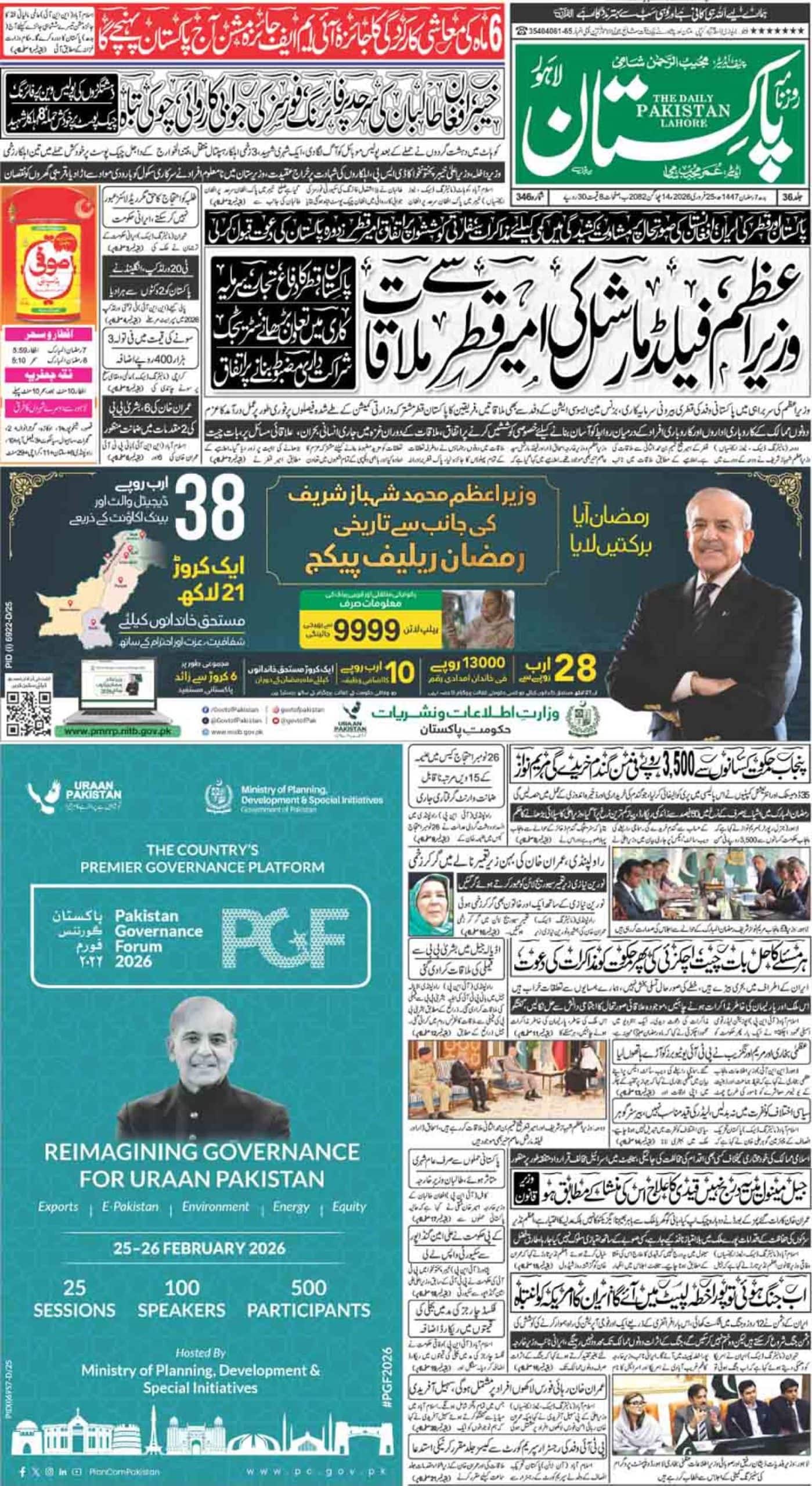The compilation of history is motivated by the intentions of the compiling authorities, rather than approaching it from an unbiased perspective. Consequently, the classes that appeal to the establishment are overrepresented and the others are silenced or underrepresented. Greater emphasis has been laid on the Big Men and Political history. The struggles at the grass root level and the sufferings of the common man are excluded in this process.
There has been an increasing trend of state-sanctioned history which has rendered the study of past events as a product of “selectivity”. The manipulation of historical truth by the state is an intentional and continual process. The patriarchal approach of the state characterizes violence as sacrifice or martyrdom, so the voices and grievances of victims are left unheard. Moreover, history in Pakistan has become male-dominant, celebrating the contributions of men and relegating women’s efforts to an inferior status. This, therefore, sidelines a major class and provides an incomplete picture of the historical struggles.
1947 witnessed one of the largest human migrations in world history which led to the ultimate creation of two sovereign states India and Pakistan. The process, initiated as a result of the partition, involved human suffering. The hardships, faced by the female gender, are left unreported on both sides of the border. It has been stated that about 75000 women were abducted and raped. Urvashi Butalia in “From the other side of silence” highlights that partition exists both in public and private stories. She shares anecdotal evidence which includes the story of two women Zainab and Basant Kaur. The sufferings borne by women were inflicted upon them not only by opponents but also at the hands of those belonging to their own faith and ethnicity.
In “Khol Do”, Manto shares the story of Sakina who was kidnapped and raped by not only her abductors but also rescuers. Her father Sirrajuddin discovers her in a traumatized state in a hospital. Additionally, state-sponsored history hardly reports undesirable acts committed by their own community. Yasmin Saikia shares that in 1971 Bangladesh experienced “politicide” in which political differences led to a genocide of communal victims. The Pakistan army committed violence against Bengali women hoping to induce fear in Bengali nationalists. To establish accountability for war crimes Hamoodur Rahman commission was set up under the government of Bhutto. 213 persons were interviewed but the report was not made public. In 1974 the enquiry reopened, and a report was submitted in Nov 1974 that included Pakistan army mistakes and brutalities. On Aug 21, 2000, this report was published in India Today and was subsequently permitted to be published in the Pakistani press.
The historical accounts of the 1971 war are remembered as a “humiliating defeat” in Pakistan. The state authorities are reluctant to evaluate the causes and effects of this occurrence. Consequently, the Bengali contributions to achieving independence in 1947 are also silenced. In “Purba Pakistan Zindabad” it is quoted that Faisal Devji stated, “it is a concept of nationality based in faith rather than in history or nature”. The Bengalis disagreed with this concept claiming that it was not simply strong willpower as a driving force but rather based on intellectual labour and sound reasoning. The movement led by Bengali Muslim scholars, writers and intelligentsia owes extensive contribution to the struggle for achieving Pakistan.
The East Pakistan Renaissance Society was founded in 1942 by Shamsuddin and Mujib ur Rehman. The society helped to foster support for Pakistan’s ideology. For instance, Abdul Mansur Ahmed disagreed with the Muslim League’s demand for a separate homeland. But after reading Mujib your Rehman’s book “Pakistan” Abdul Mansur changed his perspective. Calcutta’s Muslim literary community had a strong footing in the offices of literary journals and newspapers such as Azad. Such a position allowed them to spread the idea of Pakistan and win support from the public. After the creation of Pakistan, the Azad journal was banned in 1949 as it supported the language movement. Bengalis are often not regarded for their contributions which go unrecognized and uncelebrated and are largely marginalized in history writing.
To overcome historical shortcomings, we must scan literature on a large scale, authored by writers coming from varied backgrounds. To reach the truth we ought to remain open-minded and entertain views enunciated by those with contrary ideas. What really transpired can be known from multiple sources witness to historical developments. Documentaries of the time can be gone through. Personal interviews, conducted with those who experienced the trauma, would yield relevant information. This process would enable us to tap maximum sources of information and grasp the real picture.














